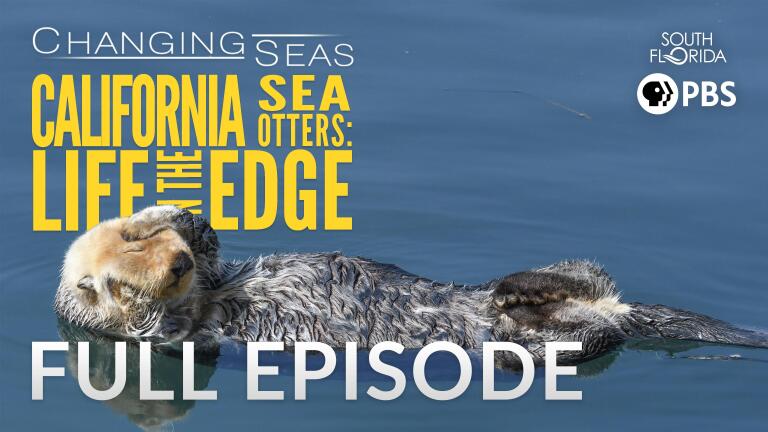
Access to this video is a benefit for members through PBS Passport.
Back to Show
Changing Seas
The Future of Seafood
Season 9
Episode 901
It is estimated there will be two billion more people on the planet by mid-century. To feed this booming world population, more fish will need to be farmed than ever before. One way to increase fish production in a sustainable way is to move aquaculture operations offshore – where there is plenty of available space and strong currents flush out the pens to avoid polluting sensitive ecosystems.
Support Provided By

26:42
Scientists collaborate with elephant seals to study their life cycles and ocean health.

26:42
Scientists work to unravel the cause of the fish spinning phenomenon in the Florida Keys.

26:46
Scientists in Madeira study the impacts of plastics on whales and dolphins.

26:46
In Playa Hermosa locals unite to protect waves, restore habitats, and save sea turtles.

Unlock with PBS Passport
26:42
Experts study southern sea otters to ensure their longtime survival on California’s coast.

Unlock with PBS Passport
26:42
Islanders restore Maui's watersheds through traditional Hawaiian wisdom.

Unlock with PBS Passport
26:42
Florida scientists make remarkable discoveries about whitespotted eagle rays.

Unlock with PBS Passport
26:42
Marine archaeologists uncover a Roman shipwreck on Croatia's Adriatic Coast.

Unlock with PBS Passport
26:53
Scientists study what makes certain corals more resilient than others.

Unlock with PBS Passport
26:42
Scientists monitor penguin populations and study the animals’ interaction.

Unlock with PBS Passport
26:42
Scientists study the devastating impacts of the Deepwater Horizon oil rig disaster.

Unlock with PBS Passport
26:42
Scientists set out to uncover the mysteries of blue holes.











